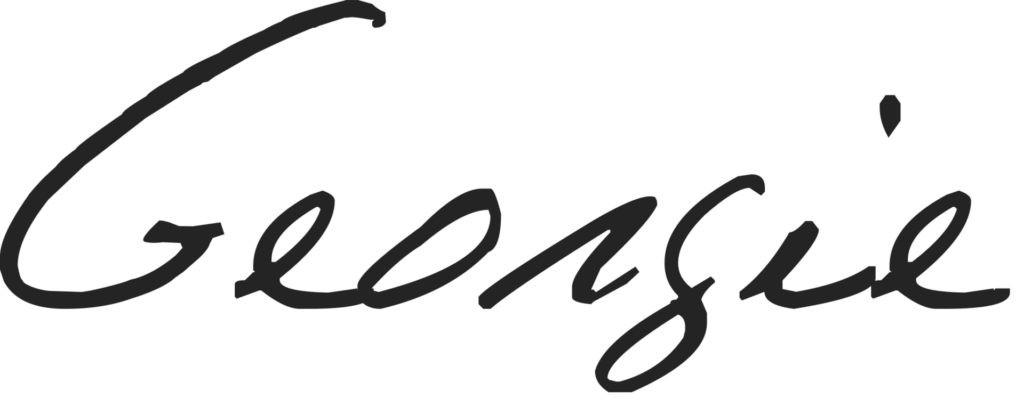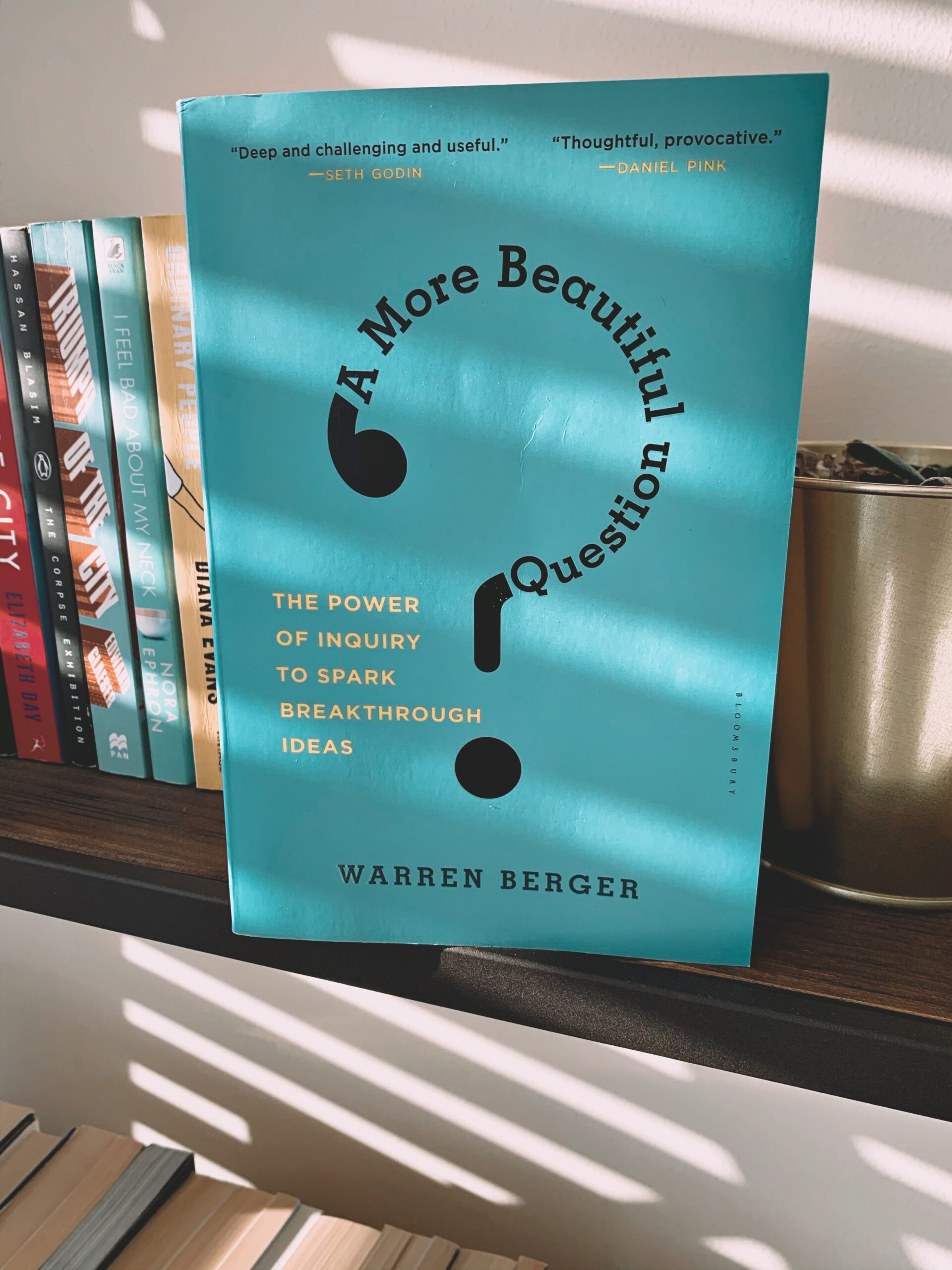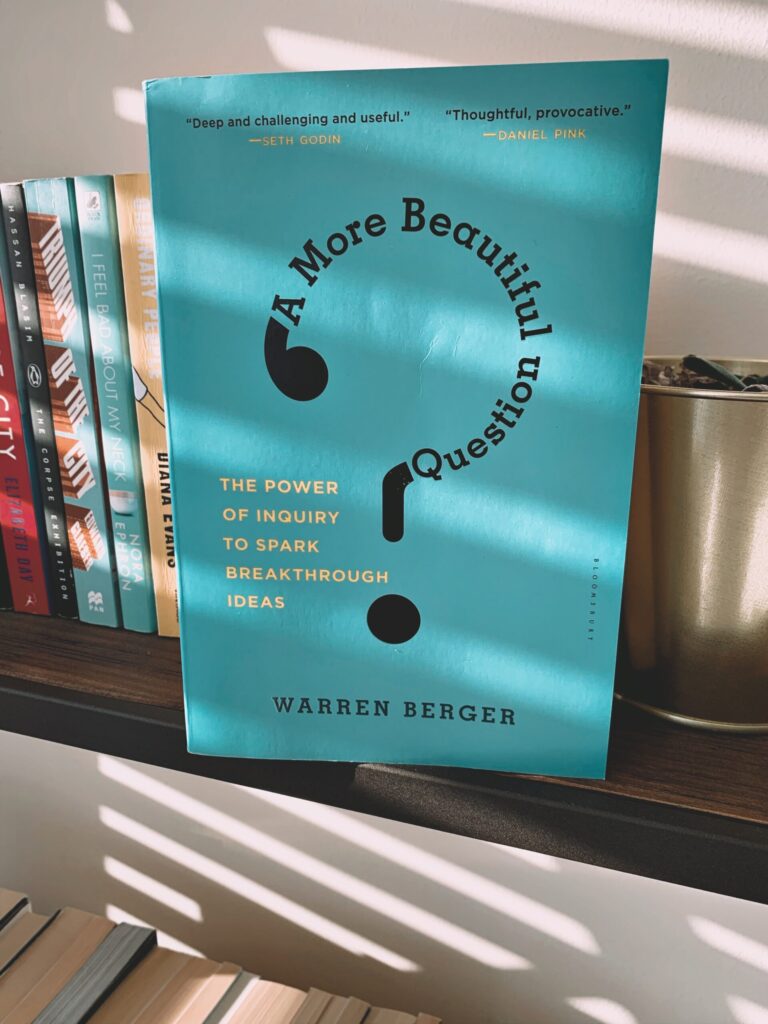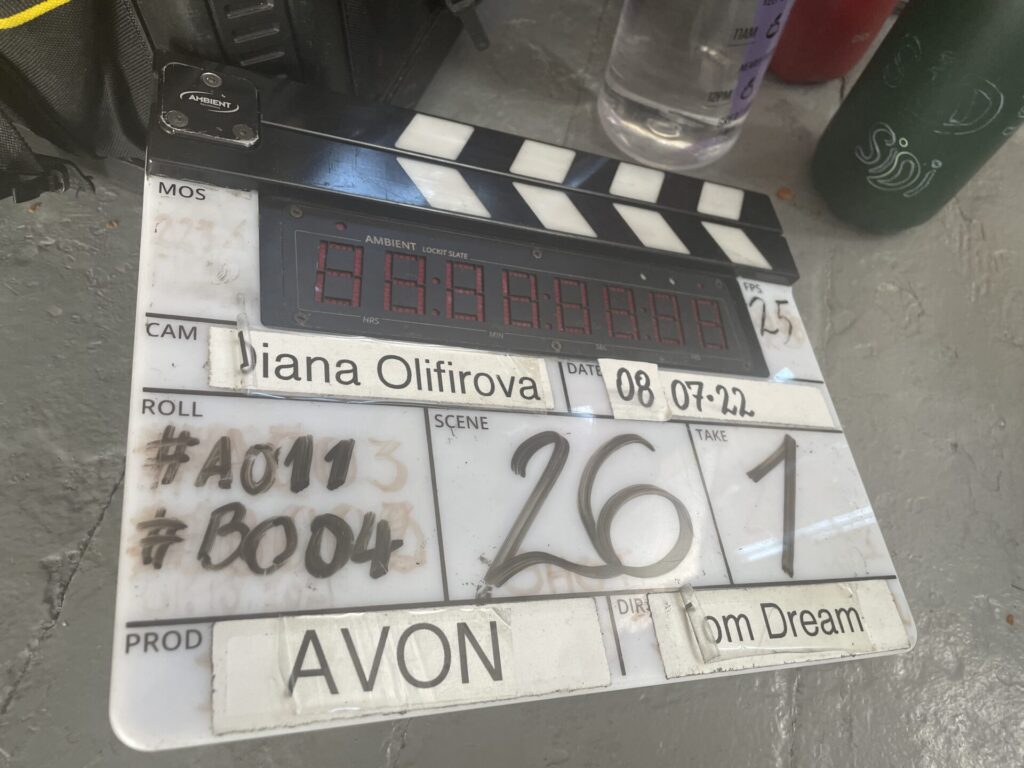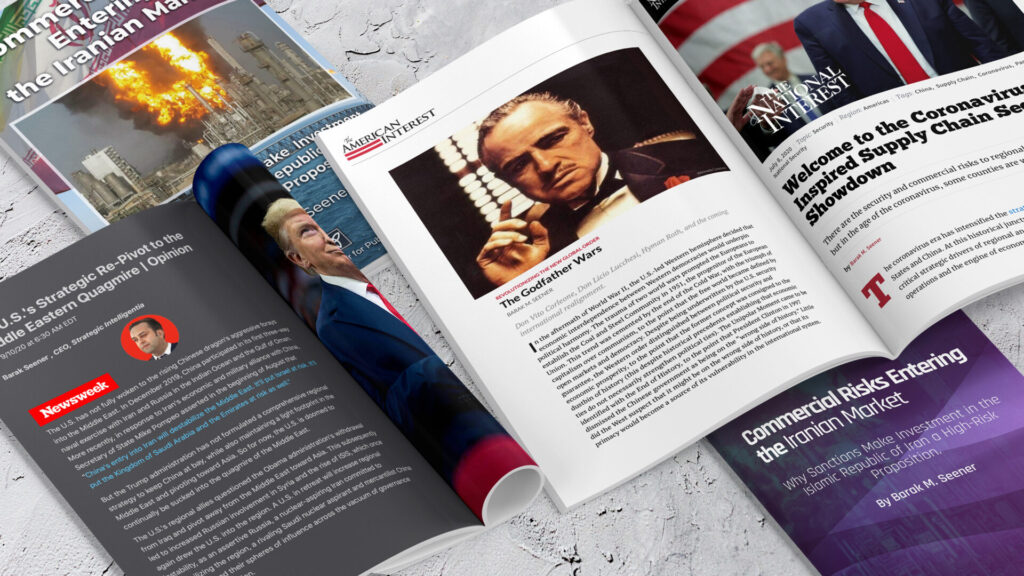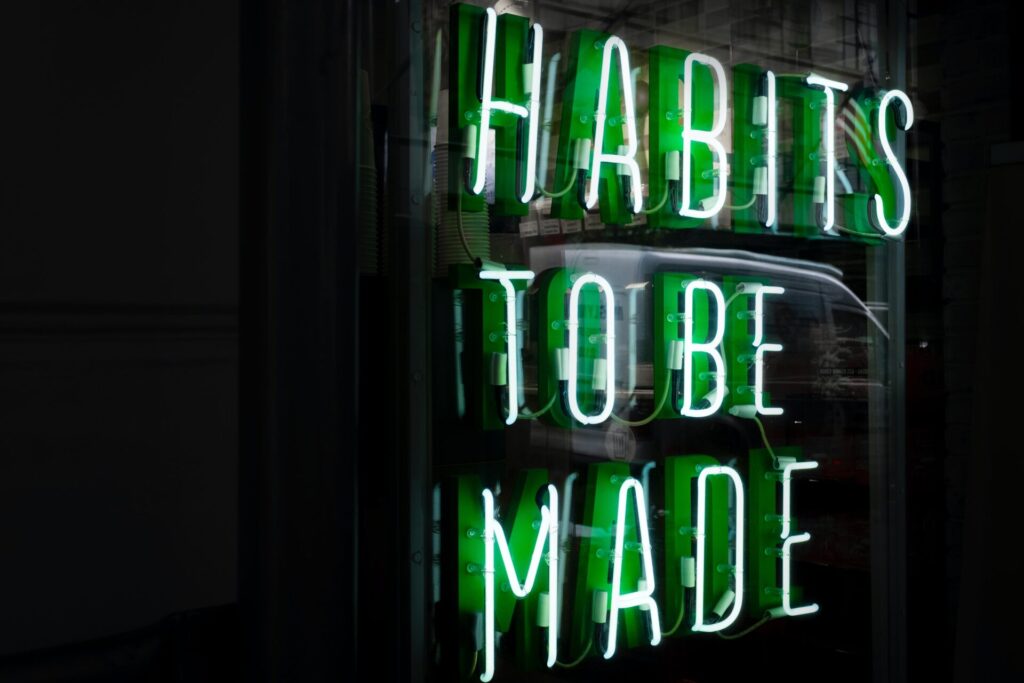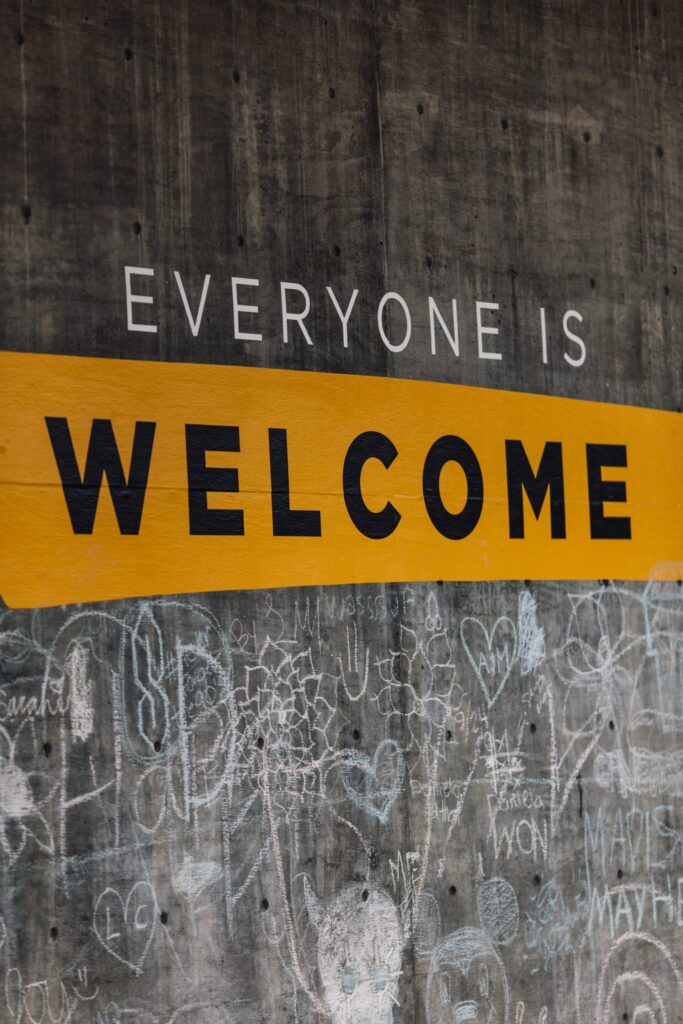If reading was an Olympic sport, I would have a very gilded mantelpiece by now. Growing up reading was presented as an activity in the same way others find their groove with running or with football – there’s this release of endorphins that take me to the high heavens. My bedside table is rarely bereft of books. I’m even one of those who has a few on-the-go on opposite ends of literary spectrum. As for swapping a night out for a cosy spot on my sofa – I get a hit of JOMO (joy of missing out) by nabbing some book time, turning off my phone and hiding from the world with a brilliant read.
Through lockdown I was building up my library and living vicariously through the stories and commentaries told my authors who create narratives for escapism and realism in equal measure.
And as the world continues to change, it’s nice to know some things have stayed reassuringly untouched – like the mind-expanding experience of reading a book. Books became balm for the soul more than ever. I’m not the only one on the team who is at one with books. We are all voracious readers. From historical epics to social commentary to exhilarating Sci-Fi fiction, we’re pretty eclectic when it comes to our choice reads.
My latest read pretty much aligns itself with Evoke’s code of ethics: in order to make change, you have to ask questions. CAST (Commercial/Conflict Analysis Software Tool) is our “why?” engine – but a little more on that comparison later…
When we ask questions, we can effect impactful change – that is the premise of Warren Berger’s ‘A More Beautiful Question: The Power of Inquiry’. Inquiry has toppled monarchs and empires throughout history. It’s the basis of one of the earliest forms of education – the Socratic Method – used to train young minds in the rigours of critical thinking. Yet, it’s a mostly ignored business tool overlooked by executives that “tend to place more value on answers, pronouncements and promises,” according to author Warren Berger. Somewhere in our development, we lose that innate skill and become more conformist and — to the detriment of business and society — less creative. This book reminds us that questions drive so many successful innovations and startup companies. And in terms of life, it teaches you how to ask more and better questions, showing you the power the right questions have to transform your situation for the better.
So, we’ve done the work for you and taken key sound bites from the book that should help you ask the right questions from now on…
We stop questioning things at the age of eight
Well, of course, we still do put questions out there into the universe as we mature, but that natural curiosity dissipates as we move through the world as adults. “Questions set us apart. And not only that, they are vital to our survival and success. When we investigate the world around us we learn to be creative and come up with new ideas that improve our lives. It’s important to know what you don’t know, but until you ask, you’ll never figure that out so you can learn more. We’re lucky that each of us are born with this trait. If you are a parent or have been around kids recently, you know how many questions children ask. One estimate put the number at 40,000 questions a day from kids between two and four! Our research indicates that children don’t just seek attention either. They genuinely want to know about the world around them. As we get older, fear is the killer of curiosity. Adults become aware of their own ignorance and insignificance. To retrain that muscle and invite the power of the right questions into your life, you need to learn to ask the four main, beautiful questions: Why? Why Not? What if? How?
Ask “why?” to get smarter, but learn to ask “why not?” to become a more innovative thinker
Let’s start with the first two questions. We begin with “why?” This is known as a naive question because of the innocent, child-like wonder that it represents. It’s good to wonder why things are a certain way because it helps us take apart and understand complex issues. For example, if I ask a politician why the country has run out of money, they must give a straightforward answer. Knowing the reason for the oversight can help improve the dire financial situation. “Why?” questions have their limits though. To go from simply getting answers to finding solutions to problems, we must ask “why not?” The power in this second beautiful question is in its ability to make us question our basic assumptions about the world.
Many people just do what they do because “this is the way it’s always been done,” without ever questioning it. When you ask “why not?” you unleash the power of an innovative mind. This kind of thinking has changed lives, and our entire world. Take Airbnb for example. This revolutionary company began when two flatmates asked “why not offer conference goers an inexpensive place to stay in our own flat?” Their “why not?” question solved the problem of hotels around these events booking out, and changed our world at the same time.
If you want to be more creative, try “what if?” questions, and for help taking action use “how?” questions
Imagine you lived in a village near a river. To get to the other side, people had to walk the bank until a shallow spot provided a way to cross. If you ask “why?” that might not get you anywhere. But asking “what if we built a bridge?” get you thinking outside of the box and on the road to solutions. While exciting, this question is only part of what you need to solve your problem. To get the bridge built, you have to ask “how?”
This last of the four beautiful questions is the most difficult to answer. It requires commitment, patience, and endurance to ask “how?” You have to be determined to follow-through with exploring all the necessary steps to solve your problems. But knowing how to implement your solutions is vital to seeing them become reality. By combining this question with the others, you give yourself the ability to put your new, life-changing ideas into action. With the power of questions on your side, you can do anything you set your mind to!
We are in the age of adaption and we have to question it
To keep up, today’s worker must constantly learn new skills by taking courses, for example. But, how can you know whether retraining or upskilling is worthwhile, without first spending time on questions like: how is my field changing? What trends are having the most impact on my field? Which of my existing skills are useful? Should I diversify more? Should I be thinking more in terms of finding a job or creating one? You do not know unless you question. And that’s how we have come to understand and broaden our worldview with CAST. We want to know why things are the way they are, why people behave in a certain way and why things are moving swiftly or not moving at all.
In turn, we question, the questions. Causation discovery leads to causation verification – the answers. CAST equips clients with a complete 360° data-fueled and simulation-supported picture of the world, their competitors, their customers, and how wider events and the market, is and will affect their business. By asking the right questions through CAST, we can shape political, social and economic outcomes with real contextualized understanding of usefully translated data.
In the first instance, Warren Berger’s book is a provocative place to begin to spark breakthrough ideas. And, like we always say, you don’t know what you don’t know. You don’t learn unless you question. Here’s a question to get you going: Why should we settle for what already exists?
